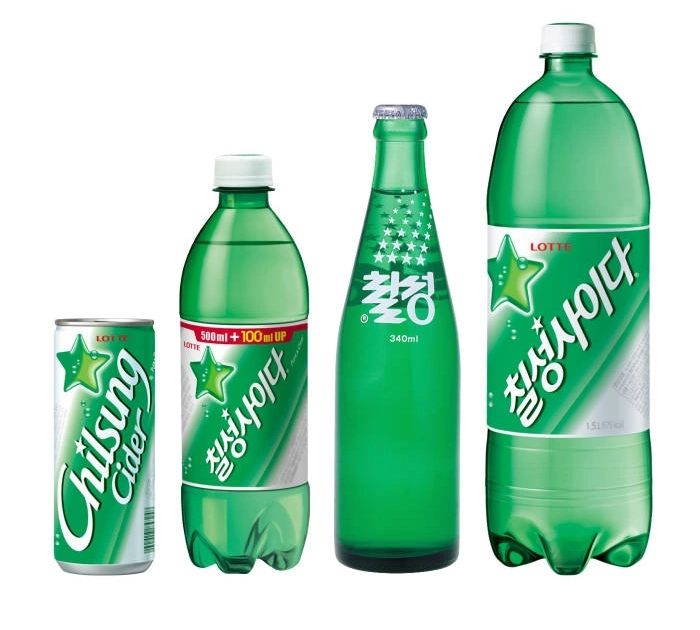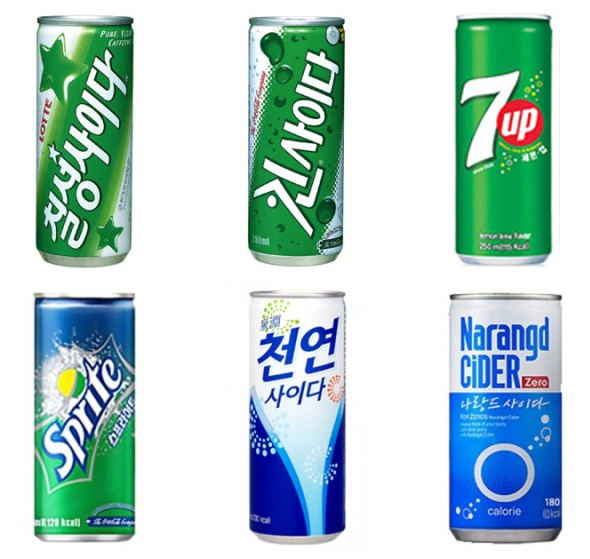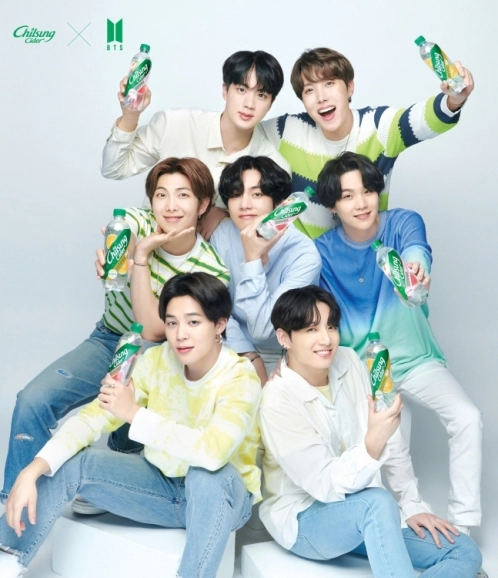Cider typically refers to an apple-based alcoholic beverage fermented from apples. Naturally, it’s considered alcohol. However, in Korea and Japan, the term “cider” is not associated with alcohol, but rather with a carbonated soft drink. For many Koreans, “Chilsung Cider,” a popular choice in childhood, holds a special place as a comforting beverage. Consequently, it often evokes nostalgia when mentioned in various contexts.
In the mid-19th century, Japan was introduced to low-alcohol champagne cider with robust carbonation from the West. Japanese individuals, experiencing carbonation for the first time, became enamored with the drink. Over time, as part of the localization process, the alcohol content gradually decreased, solidifying the image of cider as a fruity carbonated beverage.
In 1905, Hirayama Matsudaro, a Japanese entrepreneur, established a factory in Incheon, producing and selling carbonated water, marking the inception of cider’s history in Korea. Consequently, unless Koreans have lived abroad, they may not recognize cider’s origins as an alcoholic beverage.
In Korea, when people refer to “cider,” they typically mean products from a specific brand, “Chilsung.”

This particular product represents the cider commonly found in Korea. Its official name is Lotte Chilsung Cider, and although there are other brands of cider available, Lotte Chilsung Cider is exceptionally popular. It has become the quintessential choice for this type of beverage, overshadowing other brands in the market. Consequently, when people mention cider, they’re typically referring to Lotte Chilsung Cider.

Chilsung Cider, a staple in the Korean soda market since 1947, is renowned for its zesty lemon and lime flavor profile, making it a beloved carbonated beverage choice. For those familiar with international brands, it shares similarities in taste with popular options like 7 Up or Sprite.
Interestingly, despite its global reputation, Chilsung Cider has demonstrated a unique resilience against foreign competition within the Korean market. This is exemplified by the case of 7 Up, which withdrew from Korea in 2008 due to lackluster sales, while Chilsung Cider continues to maintain a dominant market share, often outselling Sprite by a ratio of approximately 7 to 3.
However, in recent years, the landscape has begun to shift, with Sprite gaining favor among younger demographics, challenging the longstanding supremacy of Chilsung Cider.
It’s worth noting that in Korean colloquial usage, the term “cider” extends beyond its beverage definition. It’s employed to describe a situation or action that alleviates tension or discomfort. For example, phrases like “cider remark” or “cider politician” are colloquially used in this context. Conversely, the term “sweet potato” is employed as its antithesis. This linguistic quirk draws from the refreshing sensation provided by carbonated drinks like cider, particularly when one feels choked while eating sweet potatoes, offering a nuanced understanding of the term’s usage in Korean culture.
Bungeoppang is one of the most popular winter street foods in Korea.






